The European Commission launched its new Milk Market Observatory in April. In this month’s regular column from CEJA (European Council of Young Farmers), we asked President, Matteo Bartolini to outline what can be expected from this new body.
MF: What is the purpose of the Milk Market Observatory (MMO) and what is the background?
MB: It is designed to publicly provide data transparency, complemented by market analysis, short-term outlook reports and regular meetings of an economic board. This will strengthen the Commission’s capacity to monitor the dairy market and help the sector adapt to the new environment once the dairy quota system which has been in place for 30 years is abolished on 31 March 2015.
The Commissioner first initiated the idea for such an observatory at the Milk Conference in September 2013 which featured a number of CEJA young farmers. The conference brought together all stakeholders in the dairy supply chain - from dairy farmers to milk processors and retailers - to discuss the post-quota future of the sector.
MF: How important is the dairy sector in the EU?
MB: Milk is produced in every single EU Member State and, as a single product sector, it is valued at approximately 15% of all EU agricultural output. The EU is a major player in the world dairy market as the leading exporter of many dairy products, in particular, cheeses. For some Member States, it forms a crucial part of the agricultural economy. Total EU milk production was estimated at around 152 million tonnes in 2011 but this is expected to grow as global demand escalates and EU quotas are phased out. It is no secret that dairy quotas can be a contentious issue in Europe and so the only widely supported concrete suggestion of the Dairy Conference was that of the establishment of the Milk Market Observatory.
MF: How will increased information and transparency help producers and processors?
MB: It should assist with production and planning in the short-term, at least. That’s why CEJA has been so eager to contribute to the process. Young farmers are particularly relevant to this considering that the post-quota dairy regime will significantly affect them. This is not only because they are the future of the sector rather than its past, but also because they are more likely to take opportunities to expand or increase production where possible.
MF: How is CEJA getting involved?
MB: The MMO economic board is composed of milk market stakeholders including two CEJA Vice-Presidents. The Board will discuss the data generated and add valuable relevant information and insight that is not readily available from statistics. MMO meetings will be reflected in reports which will also be made publicly available. The entire CEJA Presidency attended the kick-off meeting on 16 April. Our two representatives - Vice-Presidents, Alan Jagoe from Ireland and Matthias Daun from Germany – are both young dairy farmers. They will be participating in all future meetings of the Board in order to contribute their expertise and inform the Commission and other stakeholders of the current situation on the ground in their own Member States, from the young farmer viewpoint. The first of these meetings took place on 27 May in Brussels. Other stakeholders in the Group include the senior farming lobby, COPA-COGECA, as well as industry representatives from the European Dairy Association (EDA), trade representatives from Eucolait and retail organisation Eurocommerce.
MF: How can the work of the MMO be accessed?
MB: Together, the expertise of these representatives will contribute to the analysis of the available data, stimulate discussion between different links in the milk supply chain and contribute to a forecast for the short-term future of the milk market. This data will be directly available on the MMO website, as will the MMO short-term reports which take into account the analysis and views of the expert group. The MMO website is open to all. It should therefore make data and analysis of the milk market easier to access, leading to better planning by all stakeholders in the milk supply chain and ultimately better profits for all without higher prices. Considering the importance of the EU dairy market, it is essential that as many tools as possible are provided to producers in the coming years in order to ensure they are able to adapt to the new conditions on the market.
You can find the website here: http://ec.europa.eu/agriculture/milk-market-observatory/index_en.htm
If you would like to get in touch with Mr Bartolini or CEJA, email allusers@ceja.eu
Go to: Massey Ferguson Global Facebook page
Go to: CEJA Young Farmers Facebook page



















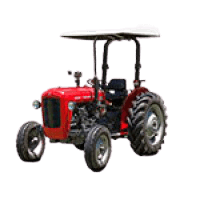
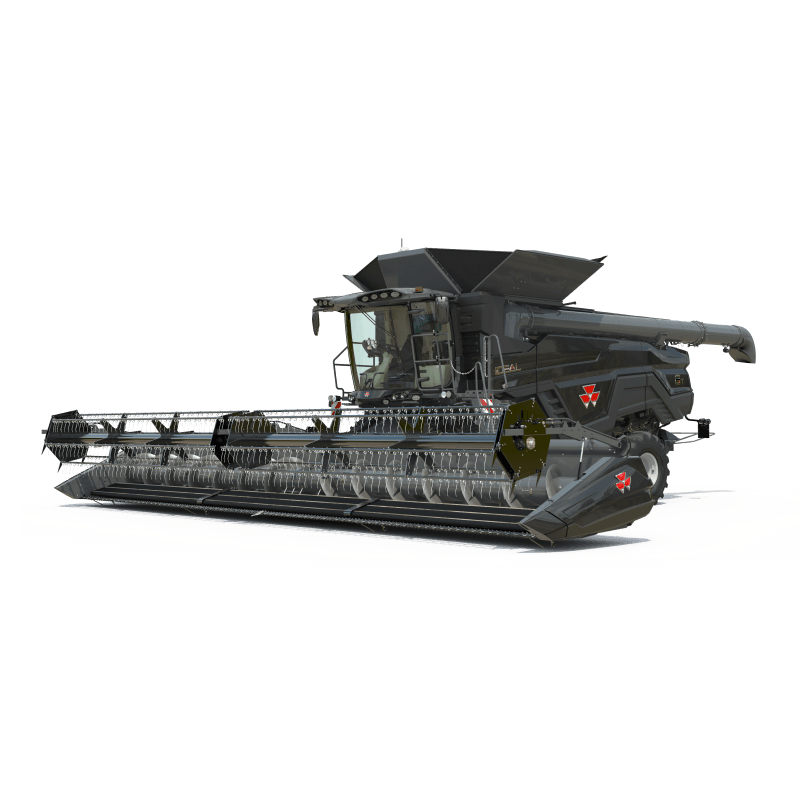





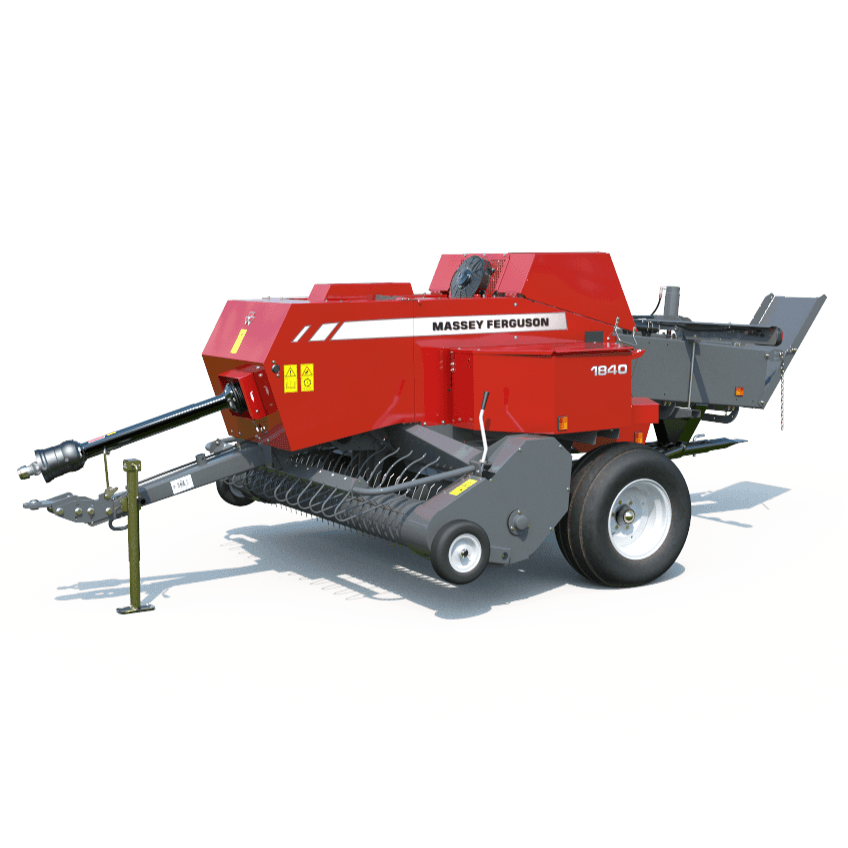







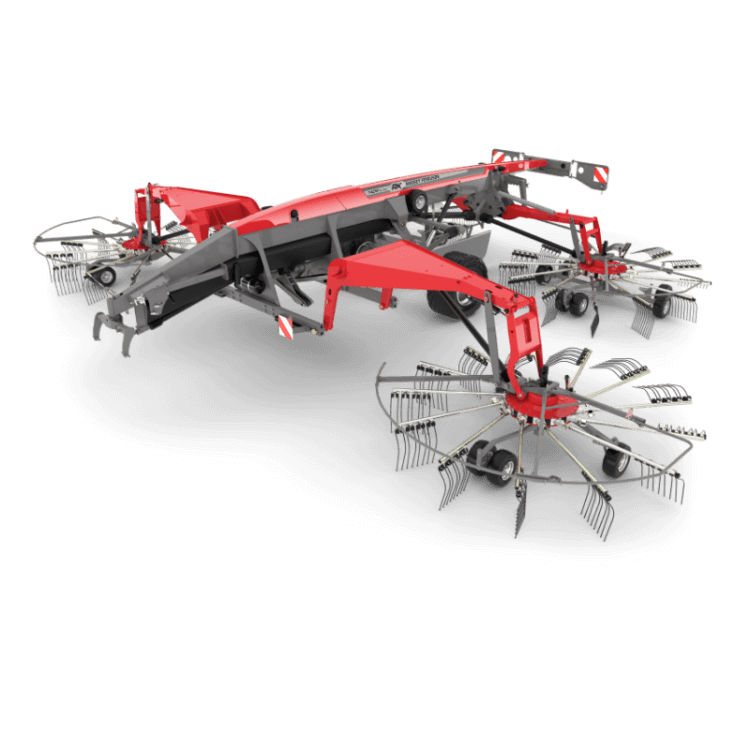
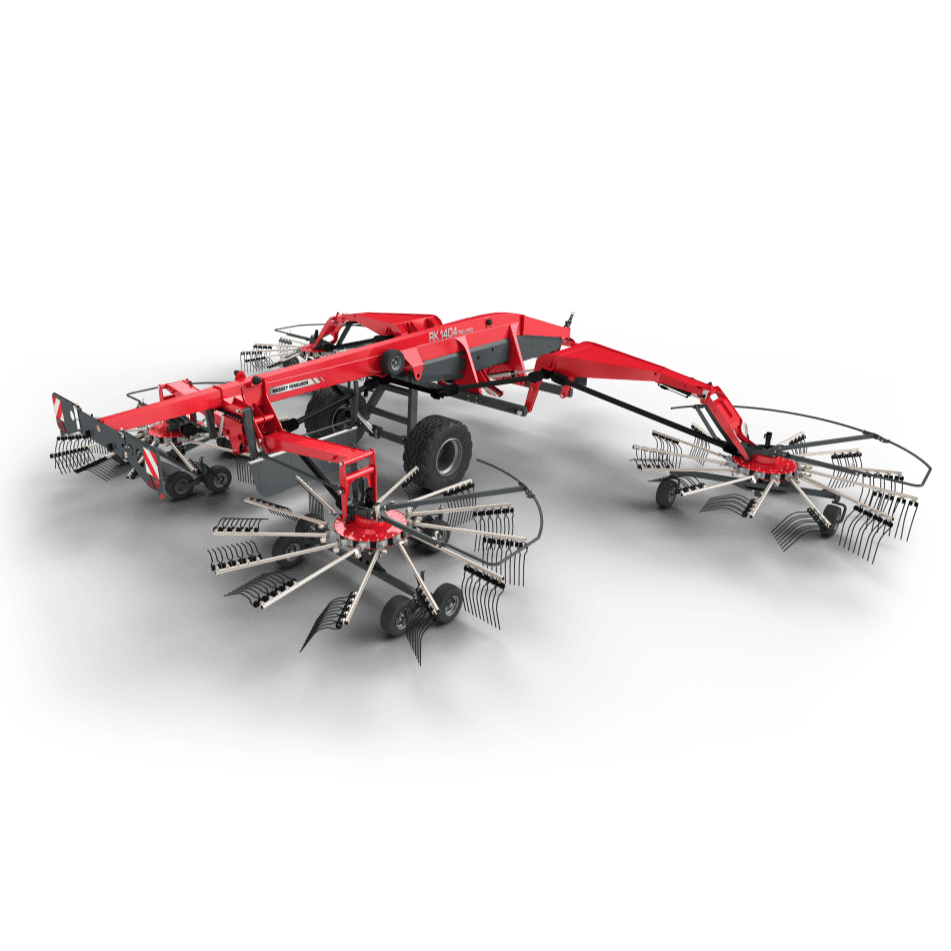

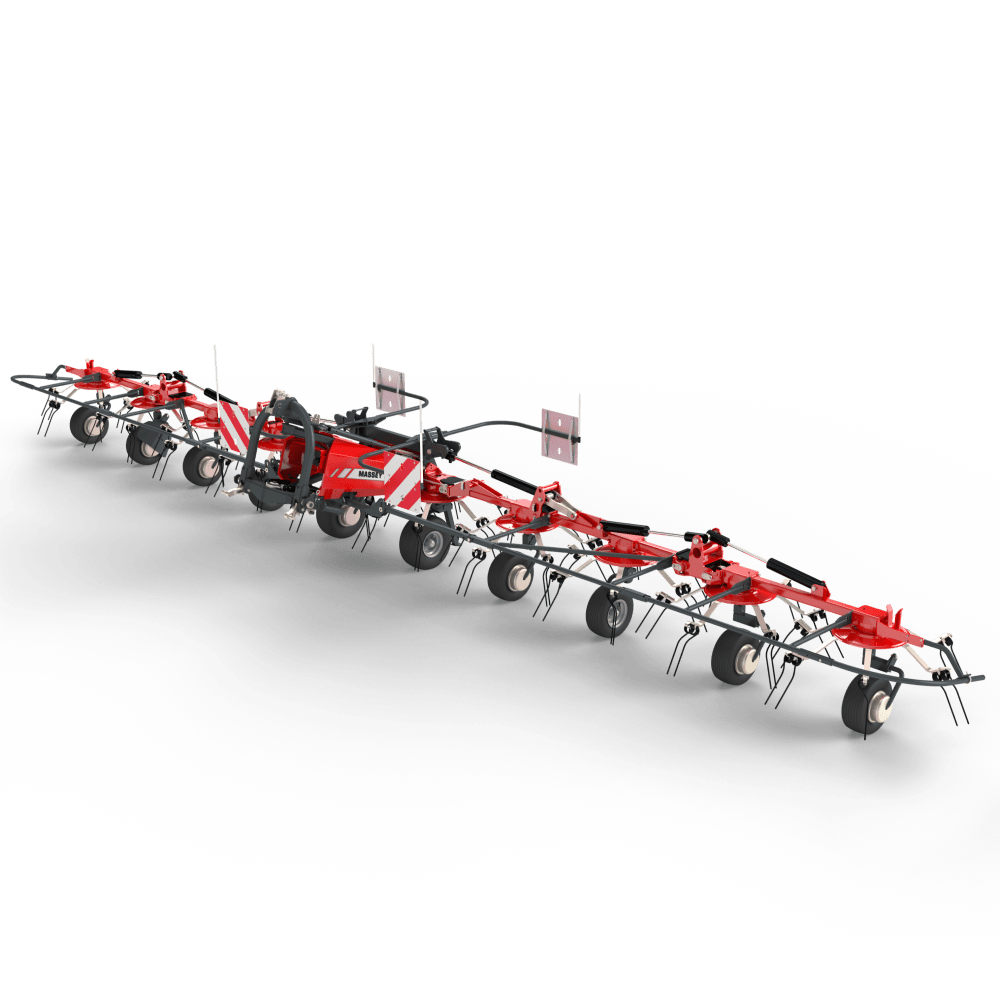




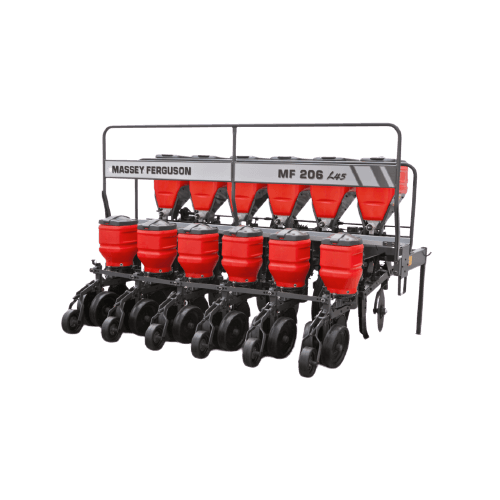

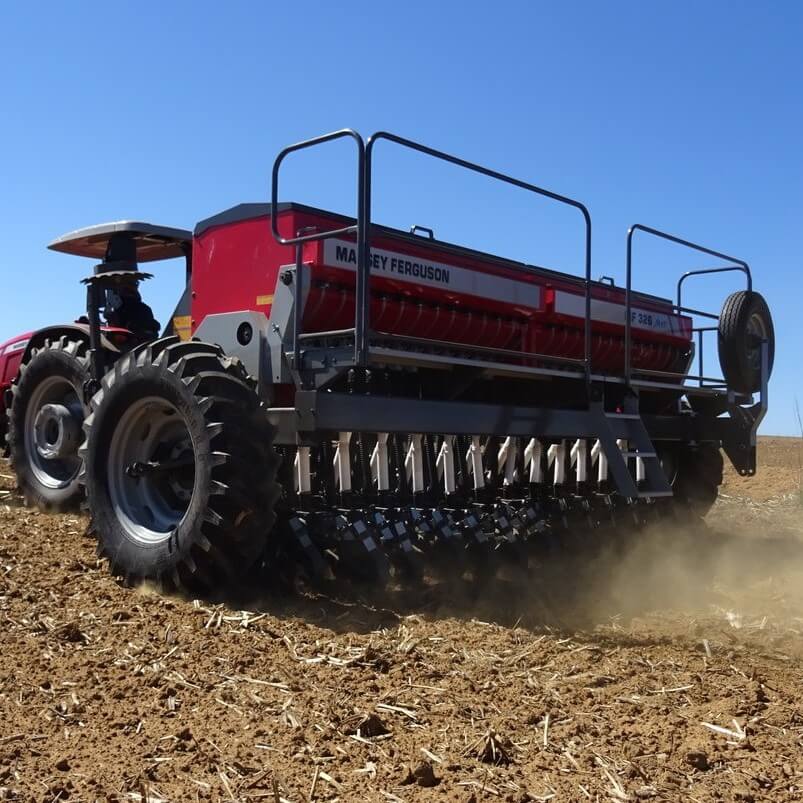
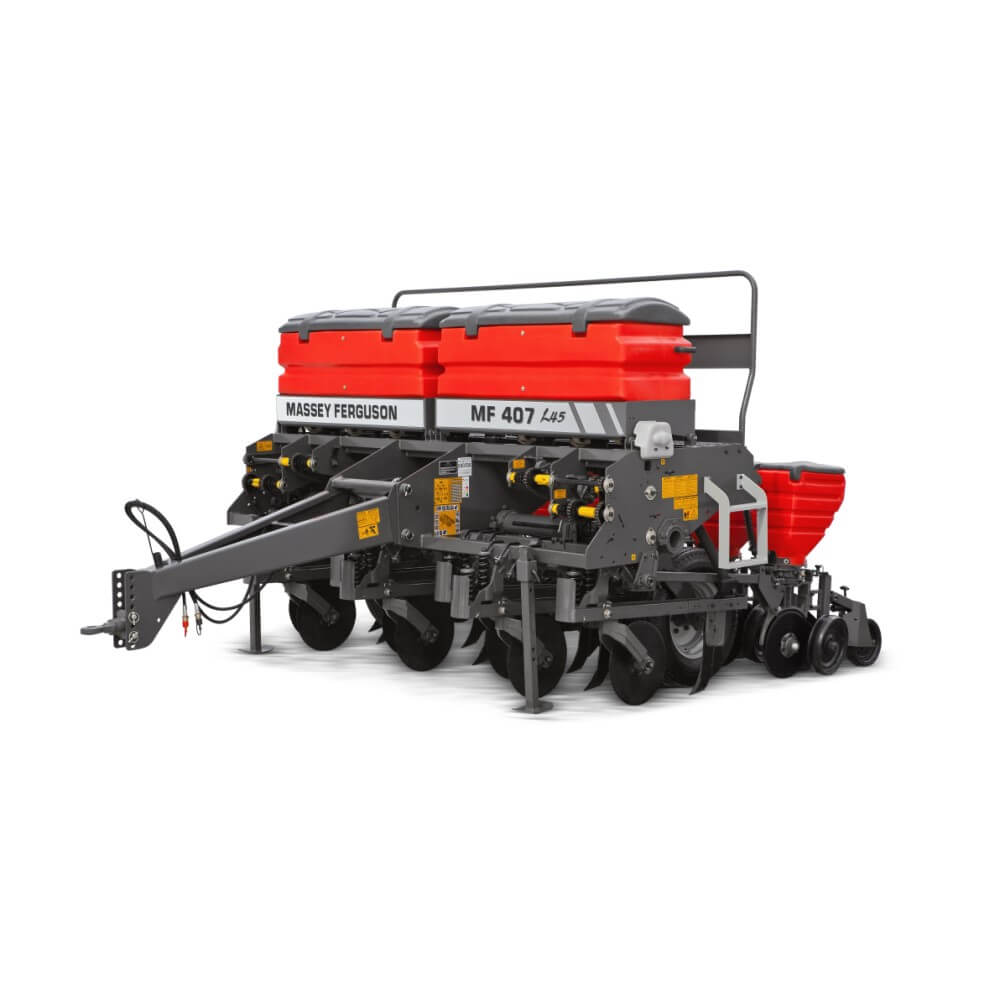

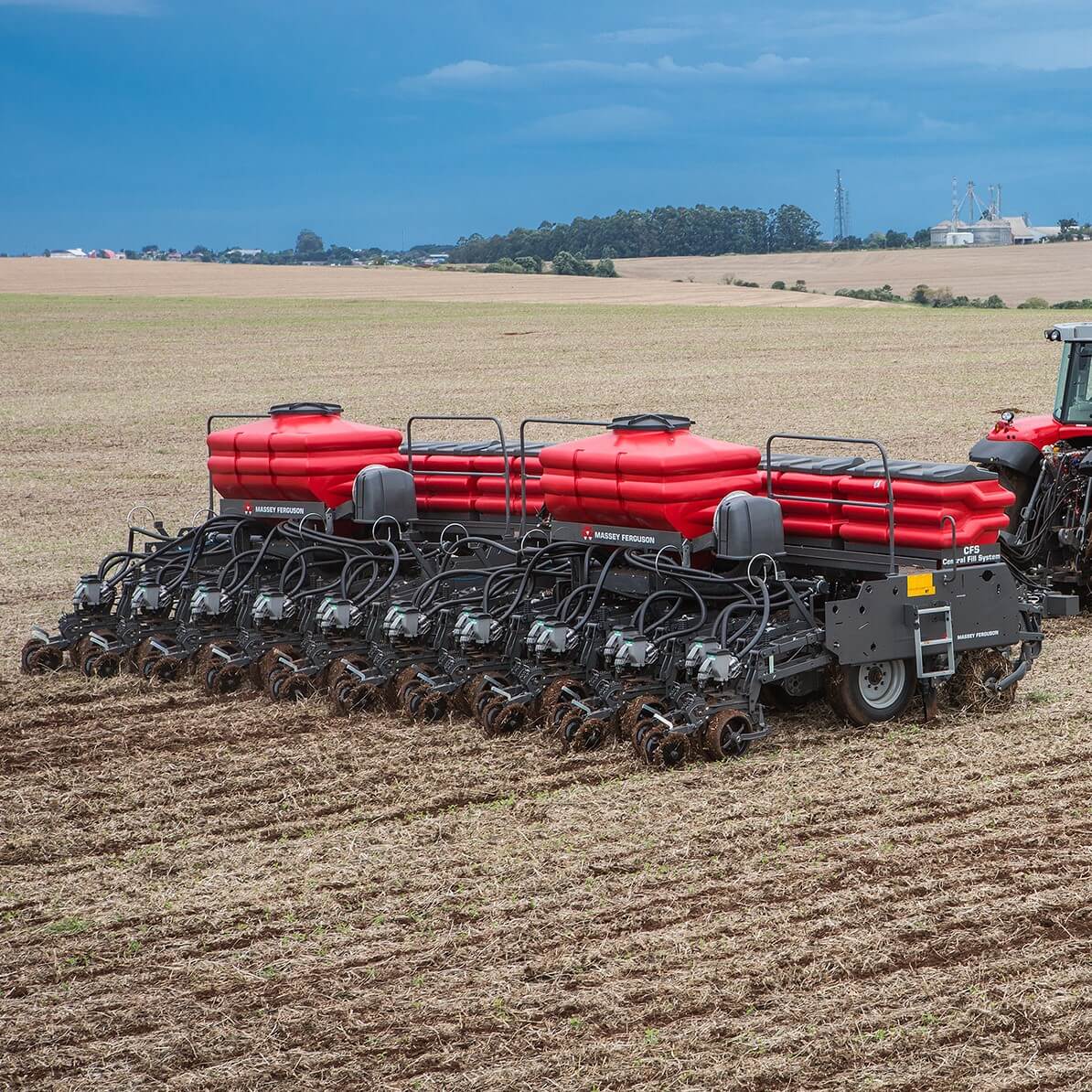
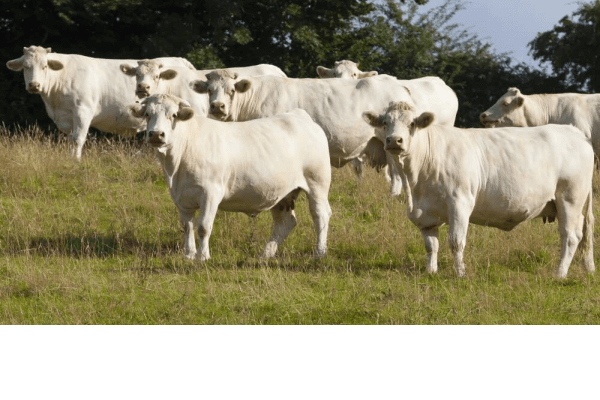



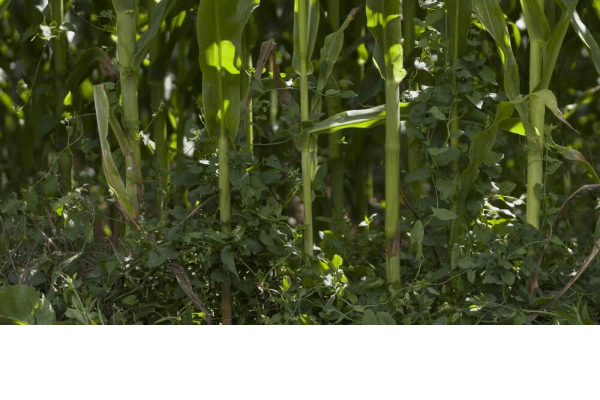

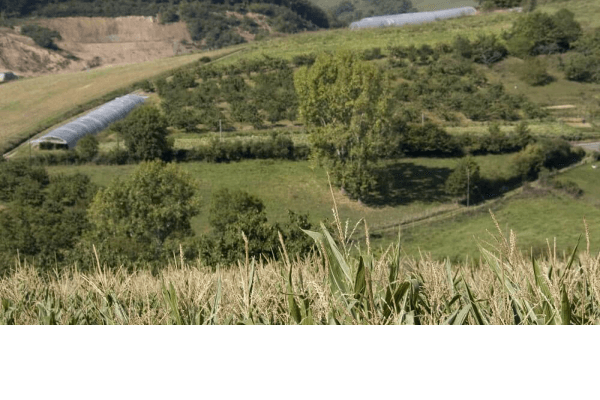
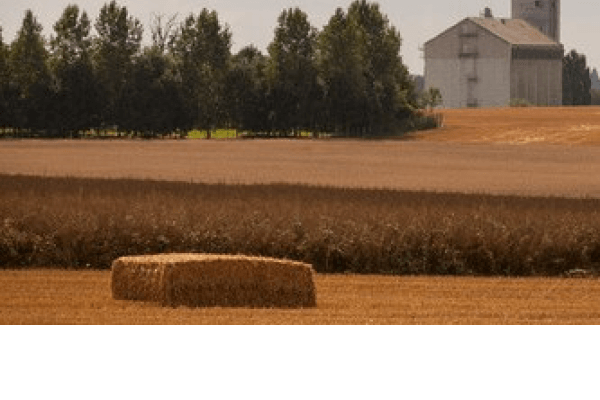




Share